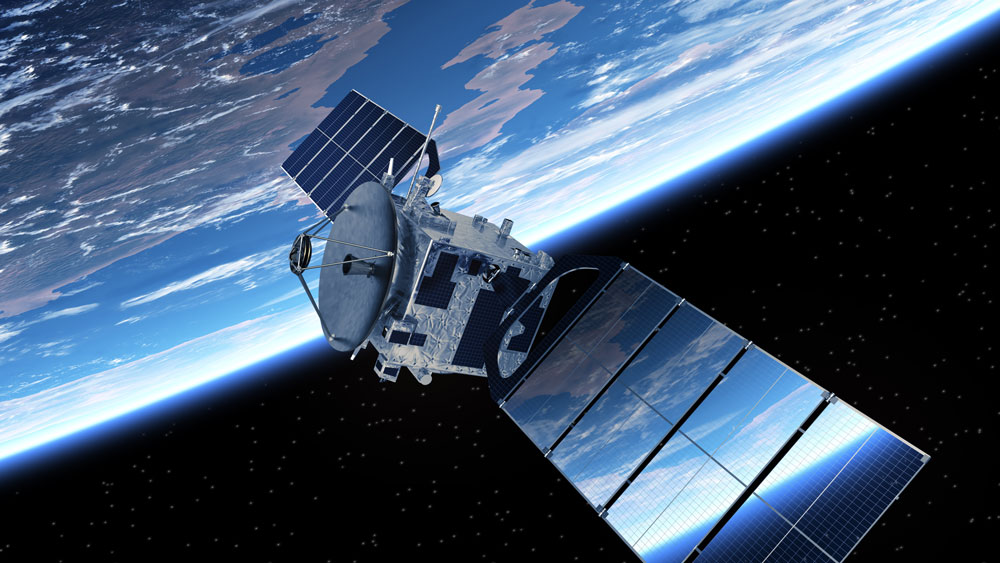Registry of Space Objects

The Ministry of Economic Affairs and Employment maintains a national registry of space objects. The registry contains information about objects launched into Earth orbit, such as satellites, and space objects launched further into outer space, such as to the Moon or other celestial bodies. Launch vehicles or other objects that return to the Earth’s atmosphere without remaining in orbit do not need to be registered. Non-functional space objects must also be notified to the registry.
The operator must provide the registry with the following information:
- name of the operator
- name of the launching State or States. A space object typically has at least one launching State in addition to Finland because, due to the absence of national launching systems, Finnish operators’ space objects are launched from another country.
- designator or registration number of the space object. The Ministry of Economic Affairs and Employment provides the space object with a national registry designator or registration number. In addition, a space object may have a designator issued by another organisation such as the Committee on Space Research (COSPAR) of the International Council for Science (ICSU), which is also recorded in the registry.
- general function of the space object. Standard classifications such as remote sensing, telecommunications or navigation may be used to determine the function of the space object.
- date and place of launch and launch vehicle
- orbital parameters of the space object, including
- nodal period,
- inclination,
- apogee and
- perigee.
Information for the registry must be notified to the Ministry of Economic Affairs and Employment within one month from the launch. The notification is submitted via the UN form.
The Ministry of Economic Affairs and Employment must be notified without delay of any changes to the information entered in the registry.
The above-mentioned information is also entered in the United Nations Register of Objects Launched into Outer Space.
Further information:
Heidi Pennanen - heidi.pennanen(at)gov.fi
Simo Lehtinen - simo.lehtinen(at)gov.fi

